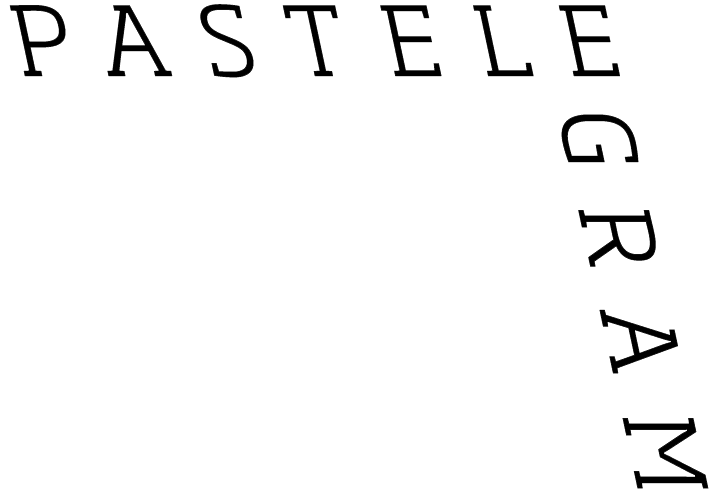Chicken Himmel and Other Chicken Stories
An Paenhuysen
My mother had eleven little white chickens, a big brown chicken, and a big black chicken. One morning she got up and all the eleven little chickens were gone without a trace. A fox must have come at night and taken all the little chickens with him and the big ones managed to escape. It would only be a matter of time before the fox would come back to get more food for his kids. The black chicken was intelligent and knew what was going to happen. She got very afraid and tried to hide from the fox in the garage of the house every night. The brown chicken was not very intelligent and had no clue of the imminent danger. She lived happily without being worried. A month later during the night she was eaten by the fox. The stressed-out black chicken only survived because she hid. My mother brought her to a new home in another village. The moral of this story is that being intelligent causes a lot of worry, but it might give you a longer life, whereas being not so intelligent will let you live worry-free, but maybe with a shorter life. It’s up to you. “What would have become of me,” the German artist Joseph Beuys said, “if I had been intelligent?”
I have a Mongolian friend whose name is Ali Mongo but it changes all the time. When I met him he was called Ali Baba. When something bad happens to my friend he changes his name. Mongo is a nomad; since he was young he has travelled the world. It started with him wanting to become a priest in Germany, but on his way there by boat he got distracted in India and ended up being a cook, a sailor, a drug dealer, a car mechanic and, most consequently, a painter. Mongo is an outsider artist and his style is naive. He likes to paint naked women and people having sex, animals having sex, and people and animals having sex - all of this in a naive, colorful way. Besides being a great painter, Ali Mongo is a great cook and once I wanted to make a cookbook with Ali Mongo. I never finished the cookbook, but it made me follow him around town in search of good ingredients at farmers markets. Everything had to be organic, including the chicken. Mongo thought it very important to massage the meat before he baked or cooked it. It makes it taste better. His English is a little funny and when he gave me the featherless chicken he told me to “do massagi, massagi!”.
I once lived with a businessman in San Francisco. He worked for a corporate company and was rarely at home and when he was, he never cooked. Therefore, he didn’t need a kitchen. So he sublet the kitchen to me to live in. I remember that my roommate never ate anything but energy bars. He read biographies of famous business people because his dream was to become an influential and wealthy businessman. In his limited free time he played golf. At home he liked to walk around in underwear, showing off his nice body, so it didn’t take long before we had sexual intercourse and it was a nice change to have sex with somebody who was acquainted with money because the artist-boyfriend I had been dating was always broke. This ex-artist boyfriend found out about the businessman and as vengeance sent me the Wallstreet Journal on which he drew a portrait of my roommate. I moved back to Europe and the businessman was promoted to a higher position in North Carolina. I met him again at an event in New York a year later and he had started calling women “chicks.” Right before my eyes he started making out with a girl who said she wore no bra and he took off with her into the bushes of the park.
Chicken Himmel is a collaborative work by the Korean Studies Department and Kegels for Hegels. Other Chicken Stories are all written by An Paenhuysen.
An Paenhuysen works as a freelance curator, art critic and educator in Berlin.








